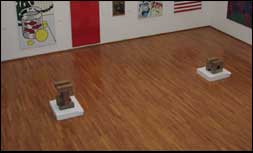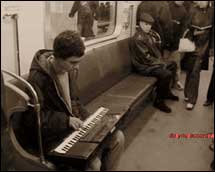A Response to Ekaterina Dyogot’s Article: Does Russia Qualify for Postcolonial Discourse?
See also Ekaterina Dyogot’s original article, How to Qualify for Postcolonial Discourse.
Two pertinent anecdotes:
1) Several years ago, during a seminar on postcolonial studies, a fellow doctoral student (a white, middle-class American female) asked, “Why are we talking about the First World vs. the Third World? Where do these ordinals come from?”
“Once upon a time, there was the Second World,” I replied.
2) Earlier that year, I had discovered that I was eligible to apply for the Margaret McNamara Fellowship, offered by the World Bank to women who wished to continue their studies in the USA and







